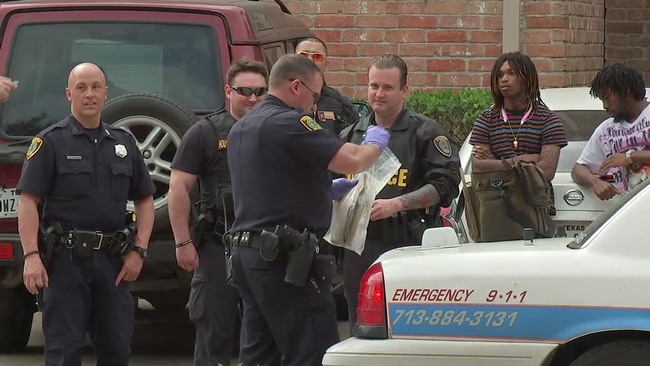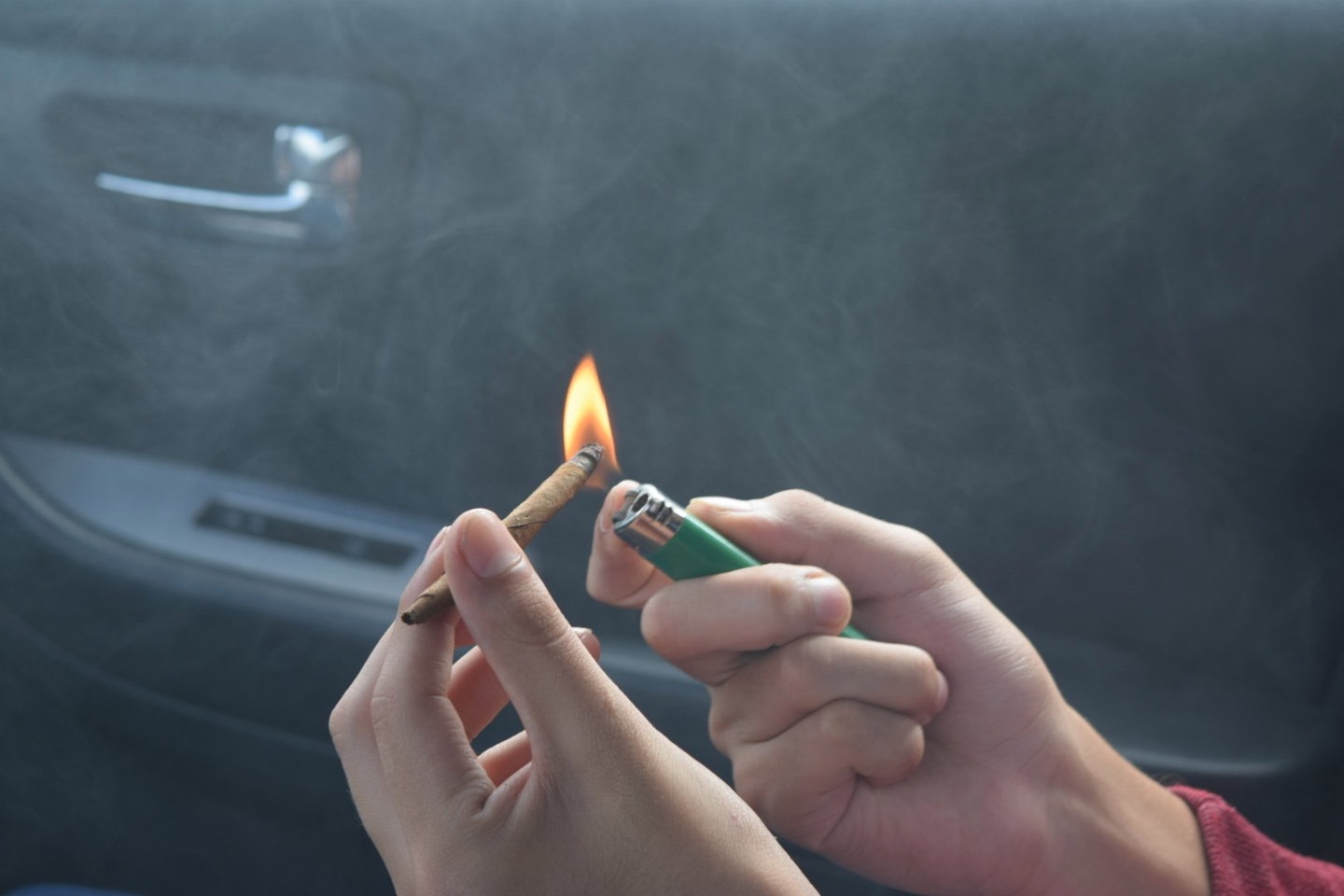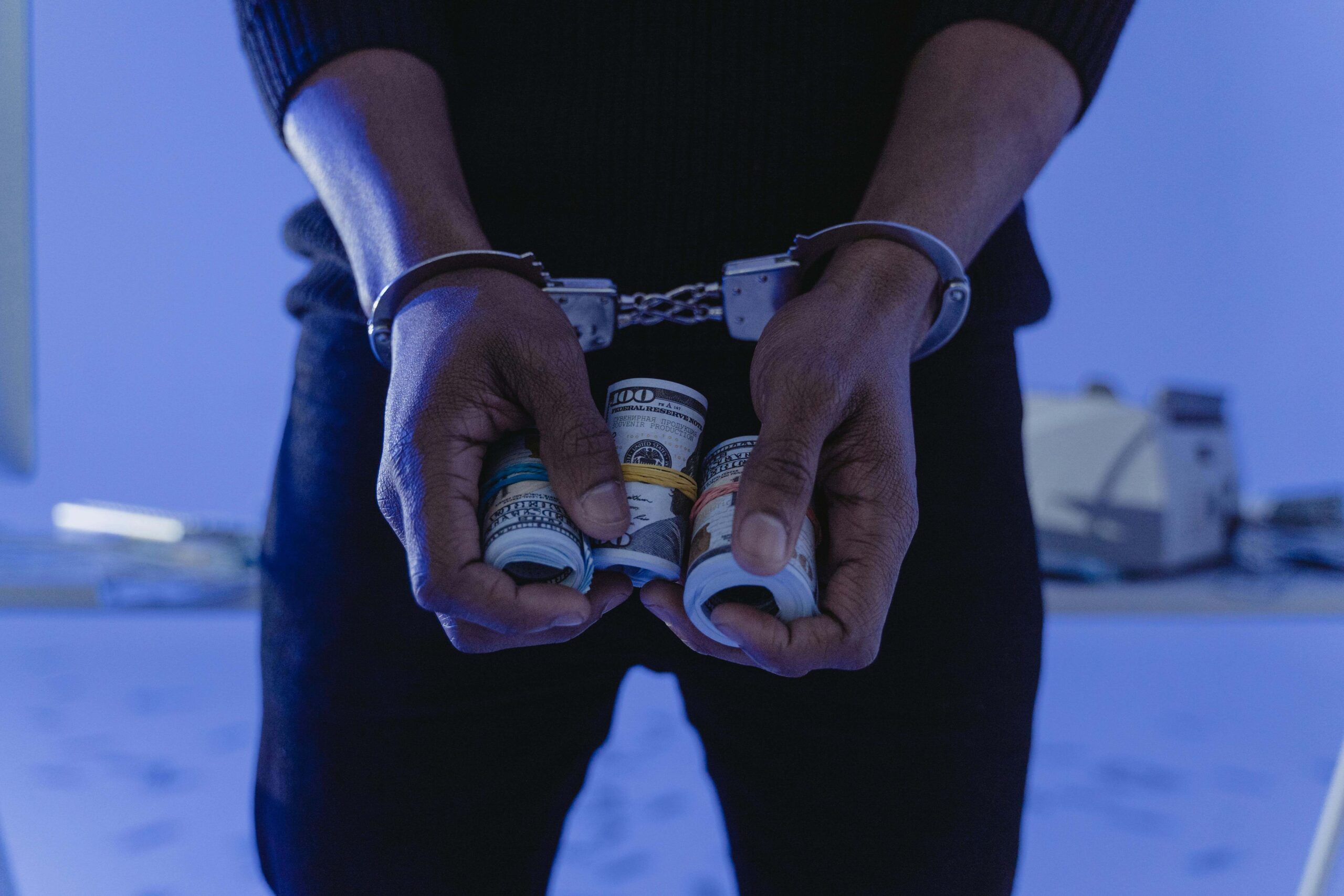- DUI
- Criminal Defense
- Florida DUI
- Traffic Offenses
- Drug Charges
- Marijuana Charges
- Violent Crimes
- Domestic Violence
- Temporary Injunctions
- Weapons Charges
- Theft Crimes
- White Collar Crime
- Juvenile Offenses
- Sex Crimes
- Violation of Probation
- Early Termination of Probation
- Seal or Expunge Criminal Record
- Criminal Appeals
- US Federal Offenses
- Misdemeanor Charges
- Felony Charges
- Co-Defendant Cases
- College Student Defense
- College Student Hearings
- FSU Students
- FAMU Students
- Florida Panhandle Arrests
- Extradition to Florida
- Bench Warrants / Warrants
- Emergency Bond Hearings
- Gambling Charges
- Drone Arrests
- Marsy’s Law
- UAS Infractions
- Introduction of Contraband
- Lying to Police
- Locations
- Case Results
- Our Firm
- Media
- Resources
- Blog
- Contact Us
Pumphrey Law Blog
What is Severance in Florida?
April 1, 2025 Don Pumphrey, Jr. Criminal Defense Social Share
For defendants charged with an offense they are alleged to have committed jointly, Florida courts will often try the accused together. But under certain circumstances, someone can successfully file to sever the trial – in other words, to be separately from one or more co-defendants that they are currently set to be tried with. This article will explore when a …
Read MoreWhen is Post-Miranda Evidence Admissible in Florida?
April 1, 2025 Don Pumphrey, Jr. Criminal Defense Social Share
If someone is arrested and interrogated by law enforcement, they may make statements about the existence and location of evidence that can be used against them in court. This can be especially harmful to their defense if the evidence in question, such as a weapon, is discovered by police as a result of that statement. Even if someone does not …
Read MoreWhen is a Miranda Waiver Knowing, Intelligent & Voluntary in Florida?
March 31, 2025 Don Pumphrey, Jr. Criminal Defense Social Share
Imagine a suspect is arrested by law enforcement. They are told of their right to remain silent. However, the arresting officers omit that the suspect has the right to have an attorney during questioning. When officers begin the interrogation, the suspect initially remains quiet, but finally confesses. That confession is inadmissible in court. This blog will explore when someone has …
Read MoreIs It Illegal to Threaten a School Shooting in Florida? What to Know
March 31, 2025 Don Pumphrey, Jr. Criminal Defense, Violent Crimes Social Share
In Florida, like the rest of the United States, there is a cherished tradition of free speech and expression. But this right is not unlimited. Florida’s legislature has made clear that when someone threatens a mass shooting – including a school shooting – this is not protected by the First Amendment. In fact, it is a felony. Florida Statutes Section …
Read MoreIs Smell of Marijuana Probable Cause in Florida?
August 30, 2024 Don Pumphrey, Jr. Criminal Defense, Drug Charges, News & Announcements Social Share
Is “Plain Smell” of Marijuana Probable Cause in Florida? A Major New Court Ruling Says No For decades, Florida courts have generally agreed that the plain smell of marijuana is sufficient for police officers to conduct a search of a person or their vehicle, often referred to as the “plain smell doctrine.” But a new ruling from a major Florida …
Read MoreMisdemeanors: What Are They and Classifications in Florida
June 29, 2024 Don Pumphrey, Jr. Criminal Defense Social Share
In Florida, misdemeanors are criminal offenses that are less severe than felonies in terms of potential penalties faced. They can be broken down into two categories: first- and second-degree misdemeanors. This page will explore the types of misdemeanors in Florida and their penalties. Under Florida Statutes Section 775.15, prosecution for a first-degree misdemeanor must occur within 2 years from the …
Read MoreAttempt, Solicitation, and Conspiracy in Florida From An Expert’s Perspective
June 29, 2024 Don Pumphrey, Jr. Criminal Defense Social Share
Florida’s Laws on Attempt, Solicitation, and Conspiracy In Florida, the offenses of attempt, solicitation, and conspiracy – sometimes referred to as “inchoate offenses” are charged under Florida Statutes Section 777.04. It reads, in part: Attempt: A person who attempts to commit an offense prohibited by law and in such attempt does any act toward the commission of such offense, but …
Read MoreChild Pornography Laws in Florida: A Florida Criminal Defense Trial Expert’s Perspective
June 29, 2024 Don Pumphrey, Jr. Criminal Defense, Sex Crimes Social Share
What to Know About Florida’s Evolving Laws on Child Porn, Child Pornography, Child Sexual Abuse Material or “CSAM”, Deepfakes and More Florida’s Child Pornography Laws Florida’s child pornography laws are harsh and scary – even for the law-abiding citizen. You would expect someone who knowingly and intentionally possesses child pornography to know child pornography laws in Florida are harsh and …
Read MoreWhat is Theft in Florida? The Law and Defenses
June 27, 2024 Don Pumphrey, Jr. Criminal Defense, Theft/Property Crimes Social Share
What is Theft in Florida? A person commits theft if he or she knowingly obtains or uses, or endeavors to obtain or to use, the property of another person – with the intent to temporarily or permanently deprive that other person of the right or benefit of that property. Theft also occurs if a person appropriates property for personal use …
Read More


















